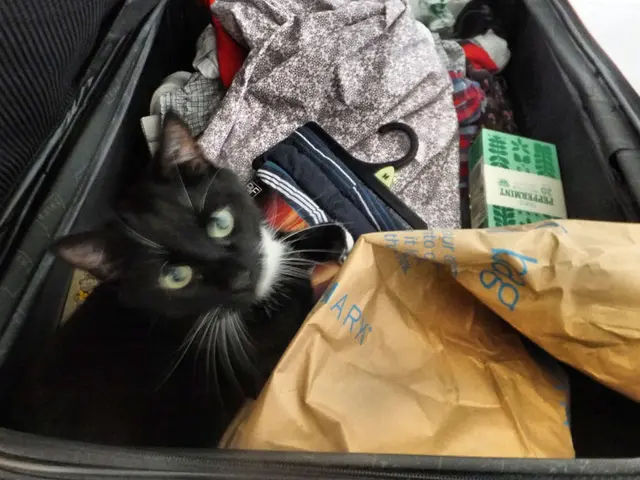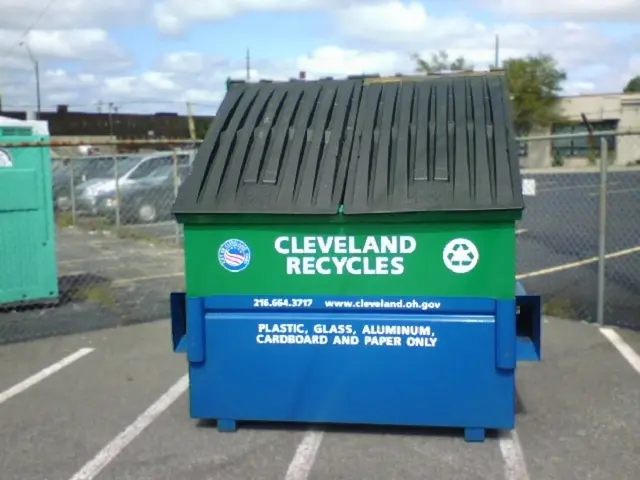Controversy surrounding proposed railway link between Switzerland and Sweden
Swiss Government Plans for Expanded Night Train Service Amidst Funding Controversy
Switzerland is set to enhance its rail connections with Europe, with plans for three night trains per week to run between Basel and Malmö, via Copenhagen, starting in April 2026. However, the proposed service has sparked a debate over the significant costs to taxpayers.
The Swiss federal government is set to subsidize around CHF 47 million for the Basel to Malmö line until 2030, equating to approximately CHF 30,000 per train journey. The main cost drivers are the expensive rolling stock, staff wages, and cleaning of sleeping and couchette cars. Critics, such as Deputy Thomas Hurter from the Swiss People's Party, argue that this subsidy represents a significant financial burden on taxpayers.
Despite these concerns, proponents emphasize the environmental benefits, as the new night train aims to improve the carbon footprint of international transportation by providing a sustainable alternative to air travel. The funds for the new route come primarily from the CO2 law, which initially planned to allocate CHF 30 million per year but later was reduced to CHF 10 million.
The controversy over funding the new service is not just about the high subsidies. The Swiss parliament must approve the funding annually during the federal budget debates in December, which means the service's continuance beyond initial subsidies is not guaranteed. Political opposition or budget reprioritizations could threaten the project's future.
If successfully operated and politically supported, this route could be a step toward expanding sustainable night train networks across Europe, with further connections being planned, such as direct links to the UK. However, high subsidies per journey and ongoing political uncertainty may limit the project's scalability or even jeopardize its continuation if budgetary policies change or if public opposition grows.
In addition to the Basel to Malmö line, Switzerland's government plans to expand international rail routes between Swiss and European cities. Starting in 2026, two additional trains will run in each direction between Zurich and Milan. The Nightjet trains will be used to connect Zurich and Basel with Hamburg, Amsterdam, and Vienna. The direct connection to Bologna will be extended to Florence, and a direct train from Lausanne (via Geneva) will run to Marseille seasonally, from April to October, between Thursdays and Mondays. The summer train to Genoa will now run to La Spezia.
The financial debate might prompt efforts to optimize operational costs, possibly requiring more efficient rolling stock, staffing, or service frequency adjustments to reduce subsidies needed. The future of the night train service from Basel to Malmö remains uncertain, with its continuation dependent on the annual approval of funds by the Parliament.
References:
- Swissinfo
- SBB
- Railway Gazette International
- Le Temps
- The Local Switzerland
In the midst of funding controversy, the Swiss government plans to allocate funds from the CO2 law for the expansion of international rail routes, including the Basel to Malmö night train service. Given the significant costs associated with expensive rolling stock, staff wages, and cleaning of sleeping cars, the subsidy for this service could be seen as a financial burden within the transportation industry.
The potential benefits of this service, such as its environmental impact on the finance sector, could encourage further connections across Europe, with severe consequences for project continuation if budgetary policies change or public opposition grows.




